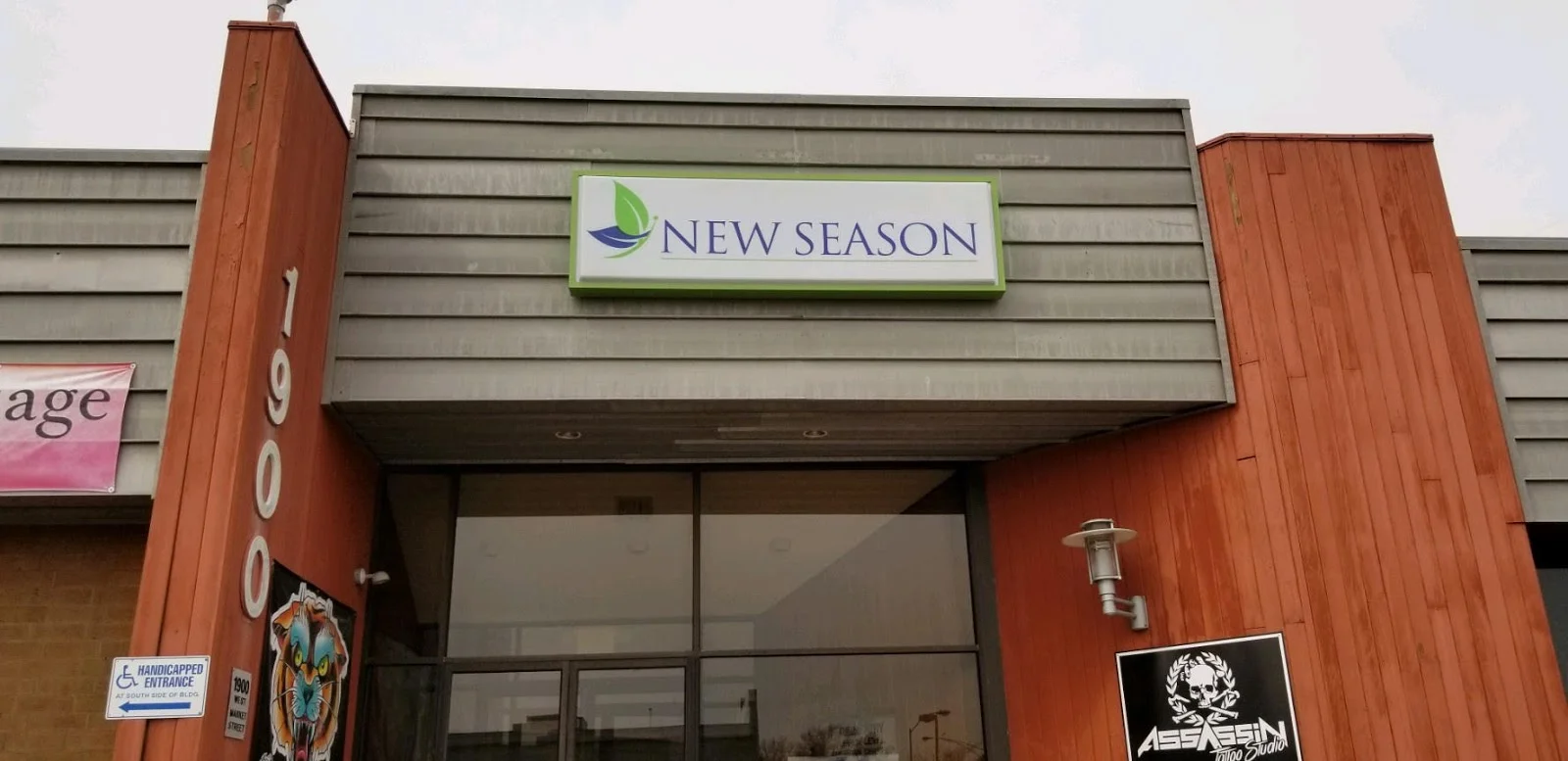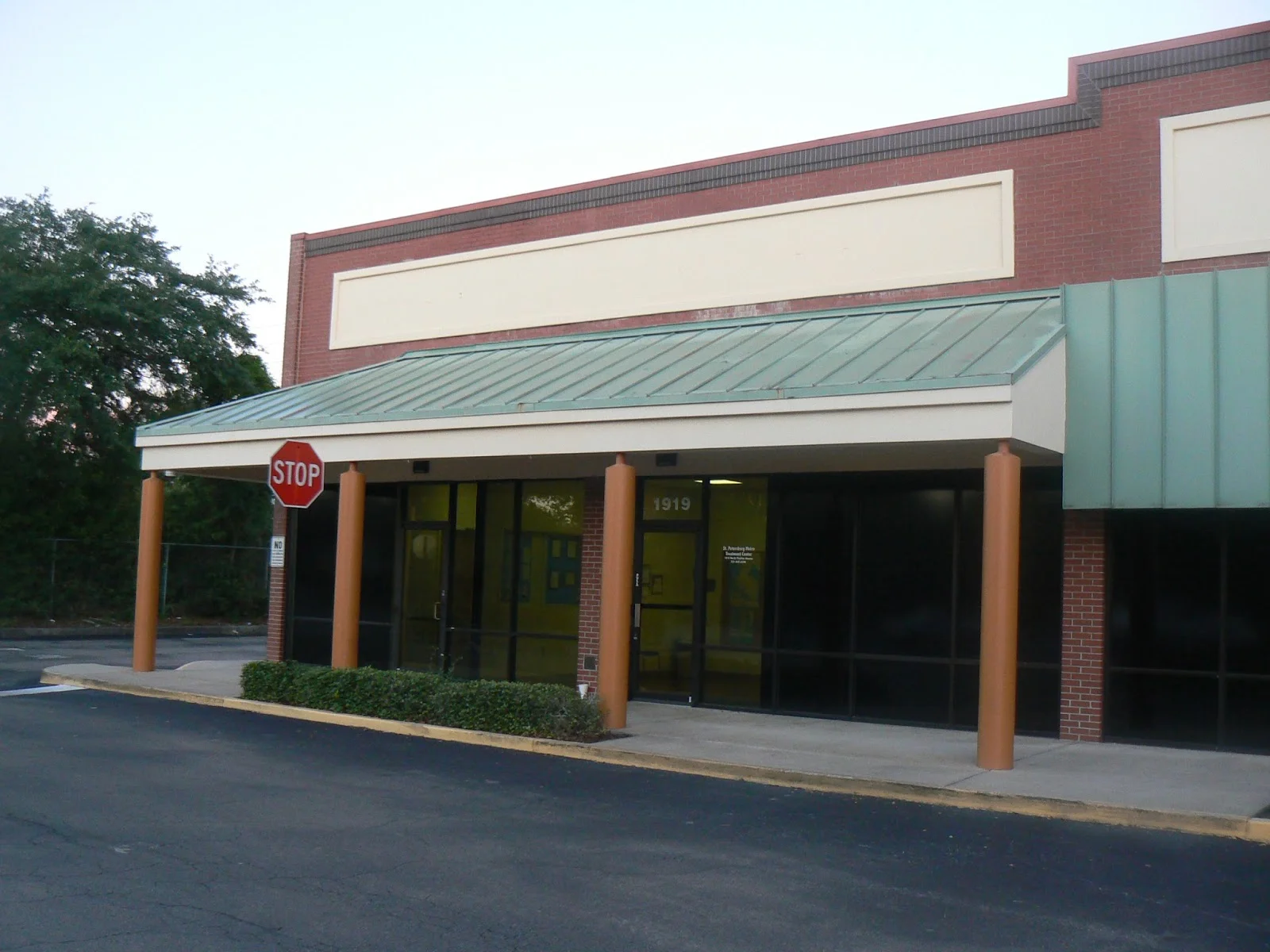Located in Biloxi, Mississippi, New Season - Biloxi Treatment Center is a private clinic that specializes in treating opioid addiction. This facility is committed to provide comprehensive treatment that takes into account the complexity of opioid use disorder (OUD) by integrating the most recent findings in medicine with tried-and-true therapeutic approaches. Biloxi Treatment Center is a part of New Season's vast network, which runs more than 80 addiction treatment facilities in 20 states. It is devoted to assisting people and families in regaining their quality of life and achieving long-term recovery.
The goal of New Season is to use cutting-edge treatment approaches to improve community health and well-being in addition to addressing the problems associated with opioid addiction. By dismantling the obstacles and stigma attached to getting addiction treatment, they want to create a space where people feel empowered and encouraged to start their road to recovery. By placing a strong emphasis on awareness and education, New Season inspires communities to see opioid addiction as a medical illness that can be treated, resulting in a group effort to help people who are impacted.
Based on the most recent scientific research, the treatment strategy at New Season - Biloxi Treatment Center employs a comprehensive care model that combines counseling, medication-assisted therapy (MAT), and a range of medical treatments. Methadone, buprenorphine, and Suboxone are a few examples of medicines that may be included in the facility's MAT programs. These drugs help patients concentrate on their recovery by reducing cravings and withdrawal symptoms, freeing them from the overpowering urge for opioids. These treatment programs are made specifically to address the requirements of each patient, guaranteeing that their dignity, value, and particular situation will be respected in the provision of care.
New Season stresses the need of providing a caring and supportive atmosphere for each and every client, in addition to the therapeutic components of therapy. They use a comprehensive approach to treatment that include group and individual therapy sessions to address the social, psychological, and emotional elements of addiction. In order to promote long-term rehabilitation, this therapy framework helps patients create coping strategies, increase their resilience, and make better lifestyle choices.
New Season - Biloxi Treatment Center is also a major player in community involvement; it supports initiatives to dispel stigma and advance knowledge about addiction. In addition to providing medical care, their goal is to transform society so that asking for assistance is no longer seen as a sign of weakness but rather as a brave step toward healing.
The Substance Abuse and Mental Health Services Administration (SAMHSA) has accredited and listed New Season - Biloxi Treatment Center, which means that it meets high criteria for clinical quality and patient care. This honor highlights their commitment to provide excellent, research-based care that satisfies national standards for efficacy, safety, and patient-centered care.
Biloxi Treatment Center - New Season Information
Treatment
Who We Treat
- Young Adults (18–25)
- Adults
- Seniors/Older Adults
- Older Adults
- Male and Female
- LGBTQ+
- Veterans
Treatment Focus
- Drug Addiction
- Opioids
- Medication-Assisted Treatment
Approaches
- Individual Treatment
- Personalized Treatment
- Evidence-Based
- Medical
- Family Therapy
- Group Therapy
- 1-on-1 Counseling
- Medication-Assisted Treatment (MAT)
- Relapse Prevention Counseling
Substances We Treat
- Opioids
Languages
- English
Aftercare
- Relapse Prevention Planning
- Outpatient Treatment
- Intensive Outpatient Program
- Continuing Care
- Support Meetings
Level of Care
- Outpatient
- Aftercare/Continuing Care
Experience
On-Site Amenities
- Air-Conditioned Rooms
Smoking and Vaping Policy
- Smoking Allowed in Designated Areas
- Vaping Allowed in Designated Areas
Accreditations
-
State mental health department
State mental health department accreditation refers to the process of evaluating and certifying the quality and standards of a state's mental health department, ensuring that it provides high-quality services and meets specific criteria for mental health care. The accreditation process is performed by a third-party organization and helps to improve the overall care and treatment of individuals with mental health conditions.
-
National Committee for Quality Assurance (NCQA)
NCQA accreditation is a recognition and evaluation process for healthcare organizations, given by the National Committee for Quality Assurance. It measures the quality and performance of healthcare providers, insurance plans, and managed care organizations in providing quality care to their patients. The NCQA accreditation is widely recognized as a benchmark for quality in healthcare and helps consumers make informed decisions about their healthcare options.
-
Drug Enforcement Agency (DEA)
DEA accreditation refers to the process by which a law enforcement agency is recognized by the Drug Enforcement Agency (DEA) as having met specific training, operational, and resource requirements necessary to participate in DEA-led drug enforcement efforts. This accreditation allows the agency to perform DEA-related tasks such as conducting investigations, executing federal search warrants, and participating in joint task forces.
-
SAMHSA certification for opioid treatment program (OTP)
SAMHSA's Opioid Treatment Programs (OTPs) accreditation is a rigorous recognition process that signifies an OTP's commitment to providing high-quality care for individuals dealing with opioid use disorders. It assures patients, families, and the community that the program adheres to evidence-based practices, employs qualified staff, and maintains a safe treatment environment. This accreditation is a symbol of quality and accountability, offering confidence in the program's ability to support individuals on their path to recovery from opioid addiction.
-
Commission on Accreditation of Rehabilitation Facilities (CARF)
Established in 1966, the non-profit organization known as the Commission on Accreditation of Rehabilitation Facilities (CARF) has a dedicated focus on accrediting rehabilitation organizations. CARF's primary mission is to assist service providers, particularly rehabilitation facilities, in upholding and promoting the highest standards of care.

Additional Locations
Biloxi Treatment Center - New Season Accepts The Following Insurance Plans
Find the best treatment options. Call our free and confidential helpline today!









